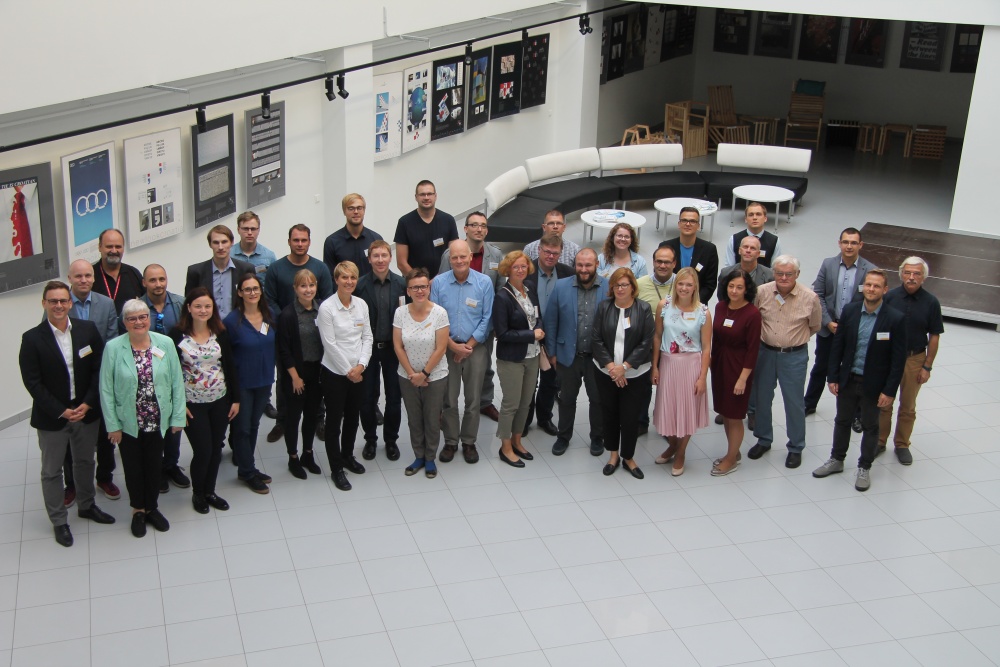Low-temperature district and local heating networks are efficient and forward-looking supply systems that should be given greater consideration in the renovation of buildings and districts. The Interreg V B project LowTEMP (Low Temperature District Heating for the Baltic Sea Region) is developing the first practicable approaches to this topic and exchanging experiences. The third partner meeting within the LowTEMP project took place in Latvia from September 19 to 21. It was hosted by Riga Technical University, the city of Gulbene and the Vidzeme planning region. After a partner workshop on project progress and upcoming project activities took place at Riga University on the first day, the focus on the following two days was on getting to know the Latvian pilot project in addition to visits to Latvian projects on energy efficiency in buildings.
The town of Gulbene in north-eastern Latvia is the first partner to start implementing its pilot measure as part of the LowTEMP project. In the village of Belava near the town of Gulbene, the existing heat supply infrastructure is being replaced by a low-temperature network that provides low-temperature heat for two thermally insulated buildings. The interesting thing about the test phase is that three different institutions with different heat requirements and consumption patterns use these buildings: the municipal administration, the cultural center and a kindergarten. The planned construction measures include the construction of a container with a heating center, the laying of a new pipe system and the installation of new heat transfer and control stations. Pellets will be used as fuel. Various measuring stations will also be installed in the three buildings.

Cover photo: The LowTEMP project partners on 19.09.2018 at the Faculty of Architecture at Riga Technical University, including aconium GmbH employees Christoph Wald (l.), Britta Schmigotzki (6th from l.) and Darijus Valiucko (7th from l.).
Photo credit: Vidzeme Planning Region / Baiba Norberte
Photo below: The LowTEMP project partners visiting the pilot project area in Belava in Gulbene County on 20.09.2018.
Photo credit: Gulbene Municipality / Gunta Kalmane

